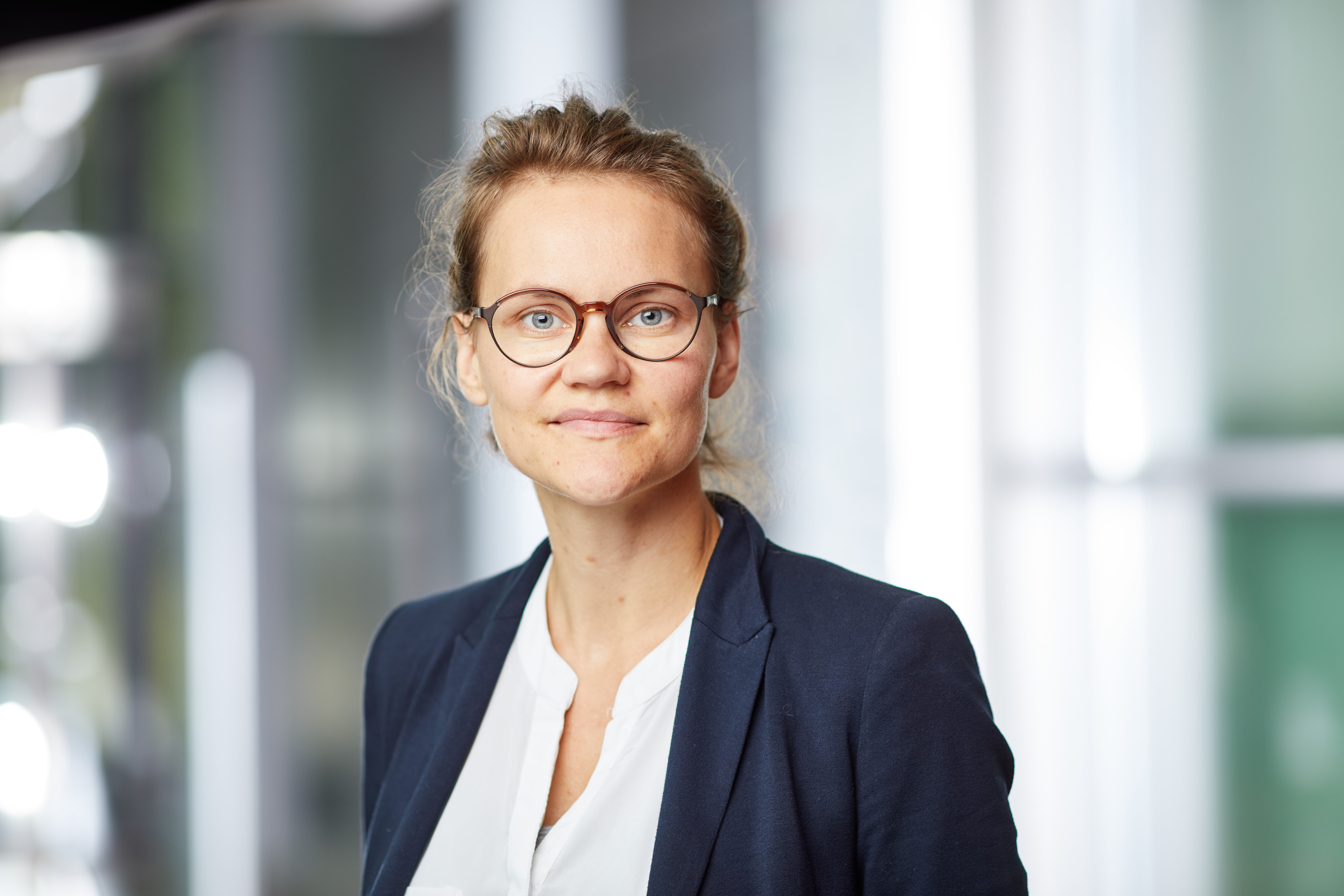If you want to study the Bachelor's degree programme in Sustainable Engineering, you need a knowledge of German at C1 level and also a knowledge of English, as there are two compulsory modules in English and also English-language modules in the elective area.
How is the Bachelor structured?
Start of your studies: compulsory modules and bachelor project
The interdisciplinary degree programme integrates elements of critical philosophy of technology, climate sciences, sustainability economics, sustainable production as well as closed-loop technology and other sustainability-focused elements and thus represents a contemporary and socially relevant study programme. In addition to compulsory sustainability science modules, the compulsory canon also includes basic engineering science modules. These include mathematics, the basics of technical mechanics, materials science and construction theory. A special feature at the beginning of your studies is the practice-oriented Bachelor project.
In a group with fellow students, you work out an engineering solution to a current research or practical problem. Several institutes of the Faculty of Mechanical Engineering provide assignments. For example, you have to build a longboard that is accelerated by an electronic drive, recycle plastic yourself or construct a smartphone lens. In this way, you already gain practical experience in the first semester, develop targeted solutions and implement them directly. Teamwork, project management and personal responsibility also count in the Bachelor project.
From the fourth semester: Compulsory elective modules
From the fourth semester onwards, you have the opportunity to choose compulsory elective modules in addition to the interdisciplinary compulsory modules. The number of compulsory elective modules depends on whether you want to complete your specialised internship in the Bachelor's programme or only in the Master's programme. If you do your internship in the Bachelor's programme, you can choose from two compulsory elective modules; if you do it in the Master's programme, the number increases from two to five. By the way, you should have successfully completed the pre-study internship by the end of the fourth semester. Building on the compulsory modules of the first four semesters, which come from the engineering sciences on the one hand and the sustainability sciences on the other, you can then go into greater depth in six different compulsory elective modules.
Completion of your studies: The Bachelor's Thesis
Quite basically, our teaching is made up of lectures, exercises, seminars, laboratories, excursions and tutorials. The latter teaches key skills such as scientific work or communication and organisation techniques. You complete your studies with a Bachelor's thesis, which is written in the sixth semester. It is your first, larger scientific paper and should, of course, revolve around a topic that you are passionate about and have had your eye on during the previous course of studies. The institutes involved in the degree programme suggest topics and publish them on the faculty's notice board, but of course you can also suggest topics yourself and further specify them with a suitable supervisor.
Impressions from the Bachelor project





 ©
Max Kesberger
©
Max Kesberger


 ©
Max Kesberger
©
Max Kesberger
Elective options and focal points
What elective options do I have in my degree programme?
The compulsory elective modules in the Bachelor of Sustainable Engineering are structured in six focal points:
- Development and Design,
- Sustainable Production Engineering,
- Energy and Process Engineering,
- Automation and Digitalisation,
- Sustainability Science and
- Environmental Protection & Water Management
You are pretty much free to decide which modules you choose. The number of compulsory elective modules depends on whether you push the specialised internship into the Master's programme. It is possible to go to industry, a company or a start-up during the Bachelor's degree. If the internship is completed during the Bachelor's degree, you have two compulsory elective modules and can choose freely from the entire catalogue of compulsory elective modules for your degree programme. If you only want to complete your internship in the Master's programme, you have five compulsory elective modules in the Bachelor's programme.
If you already know which Master's degree you would like to pursue later, please carefully read the information on the possible Master's degree programmes and the effects on the course of studies. In order to be admitted to your preferred Master's programme with as few restrictions as possible, you can already take courses in your Bachelor's programme that would otherwise be given to you as additional examinations (so-called requirements) during admission.
Contact


30823 Garbsen


30823 Garbsen










